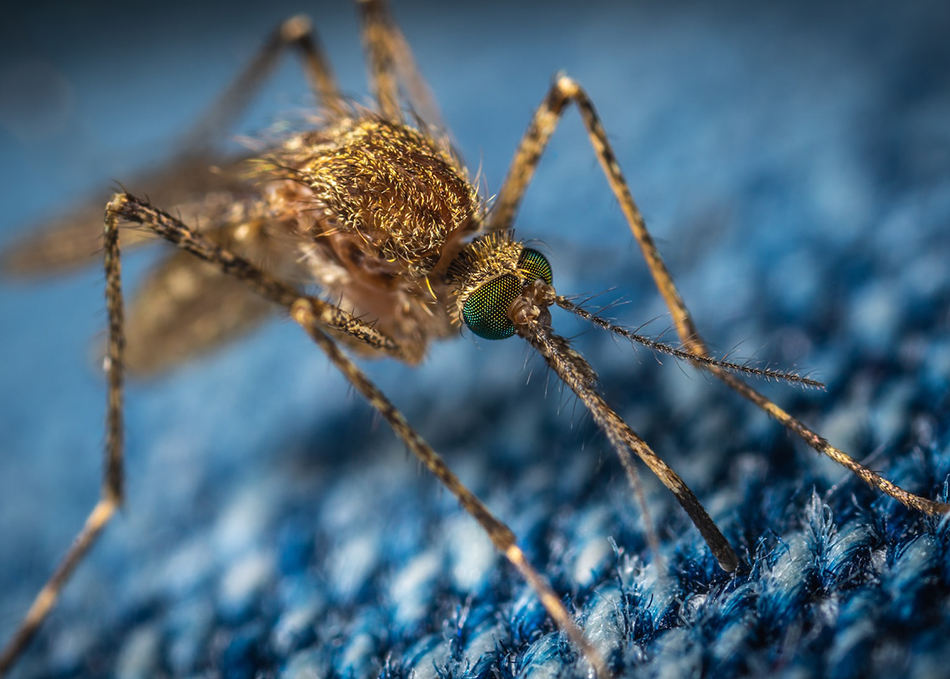Locally transmitted cases of malaria have been detected in the United States for the first time in 20 years, the Centers for Disease Control and Prevention (CDC) said in an advisory released on June 26.
At least five “locally acquired mosquito-transmitted” cases of malaria were reported in both Florida and Texas in the last two months, according to the CDC’s advisory. “There is no evidence to suggest the cases in the two states (Florida and Texas) are related,” the CDC said. “Locally acquired mosquito-borne malaria has not occurred in the United States since 2003.”
The advisory also warned that increasing travel in 2023 means heightened risk of malaria in the U.S. “Almost all cases of malaria in the United States are imported and occur in people traveling from countries with malaria transmission, many from sub-Saharan Africa and South Asia,” the CDC said.
Climate may be a culprit
It is not yet clear whether the warming climate can be blamed for the new cases of malaria in Florida and Texas. Both locations were already sufficiently warm for Anopheles mosquitoes, which carry malaria, but hotter weather might facilitate transmission, The New York Times reported.
It is known that climate change is increasing the risk of malaria elsewhere—causing mosquitoes to move to higher elevations in sub-Saharan Africa, a migration pattern that matches malaria transmission.
“If travelers are returning from places that are at the front lines of climate impacts, there’s just going to be more chances for malaria transmission to take off,” Georgetown biologist Dr. Colin Carlson, Ph.D., told The New York Times. “We live in a connected world, and climate change impacts in other countries can be health problems in our country.”
Biotech addresses malaria
Biotech is helping us control malaria, with new treatments and gene editing to limit the spread of mosquitoes or make them more resistant to the disease.
A “radical cure” found to help treat and prevent recurrence of malaria has been approved for young adults and adults in the U.S. and Australia and has gained acceptance for use in children in Australia, Bio.News reported.
Oxitec has genetically modified mosquitoes to limit their reproduction as a way to prevent the spread of the disease. The company’s pilot program in Florida was a success. Additional mosquito releases are underway in the Florida Keys.
Meanwhile, scientists have been researching the use of gene editing in mosquitoes to make them resistant to malaria, as Bio.News reported.




